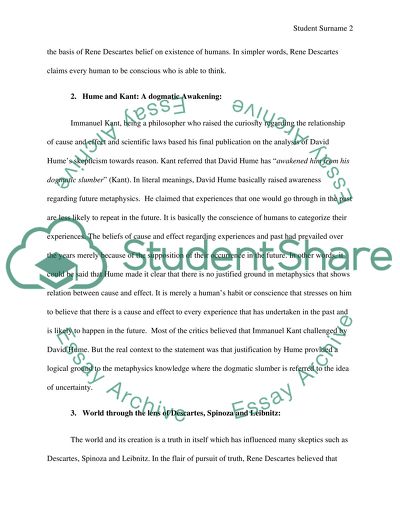Cite this document
(“Philosophical Skepticism, Existence of God, Knowledge and Metaphysics Essay”, n.d.)
Retrieved from https://studentshare.org/philosophy/1454977-short-essay-questions
Retrieved from https://studentshare.org/philosophy/1454977-short-essay-questions
(Philosophical Skepticism, Existence of God, Knowledge and Metaphysics Essay)
https://studentshare.org/philosophy/1454977-short-essay-questions.
https://studentshare.org/philosophy/1454977-short-essay-questions.
“Philosophical Skepticism, Existence of God, Knowledge and Metaphysics Essay”, n.d. https://studentshare.org/philosophy/1454977-short-essay-questions.


